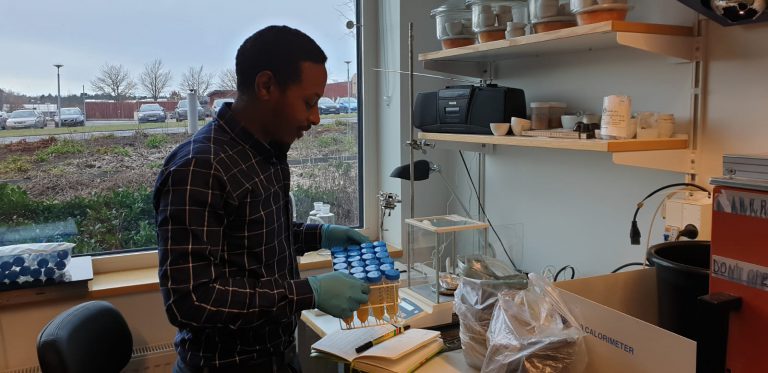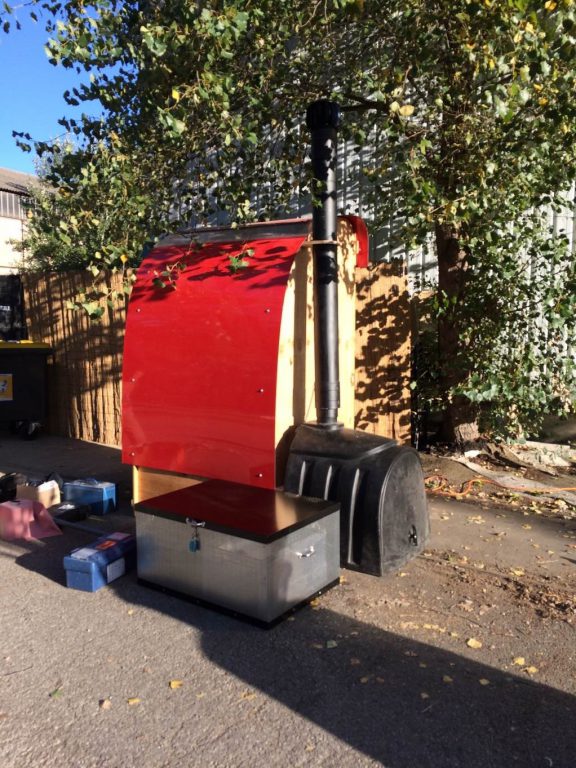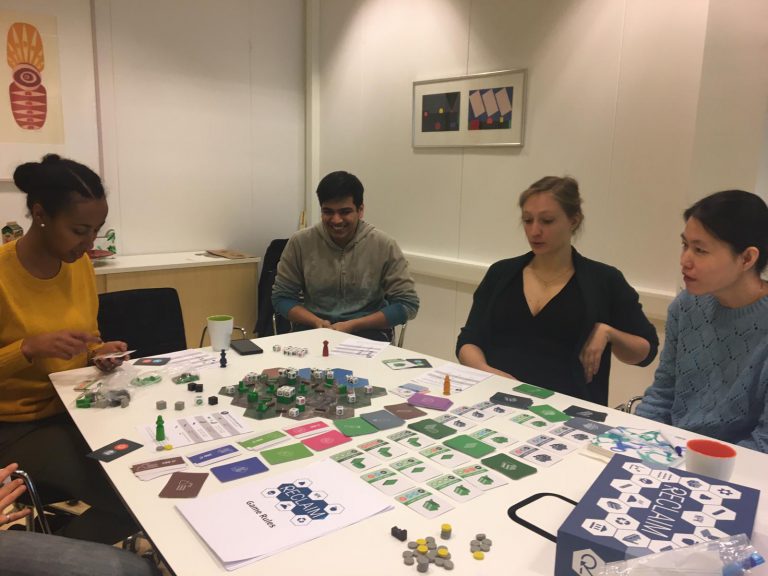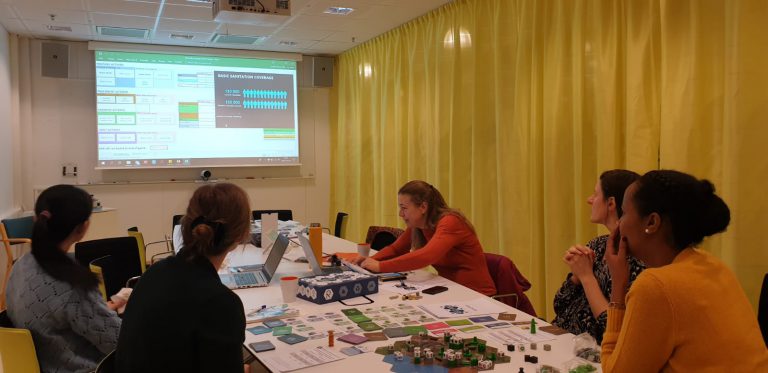
Jag heter Natnael Girma, jag är en doktorand från Etiopien. Jag arbetar för närvarande med ett forskningsprojekt om säker näringsåtervinning från källseparerad urin för hållbar gödselproduktion. Jag blev nyligen en del av institutionen för energi och teknik (kretsloppsteknikgruppen) vid SLU som licentiatstudent för att göra mitt forskningsprojekt. Projektet fokuserar på att utvärdera adsorptiva egenskaper hos läkemedel under produktionen av urinbaserade gödselmedel och vad som händer med läkemedlet under dess slutanvändning i jordbruket. Den andra delen av forskningen fokuserar på mikrobiell säkerhet för att använda torr urinbaserad gödningsmedel i miljöer med överflöd av horisontellt överförbara antibiotikaresistenta genelement.




